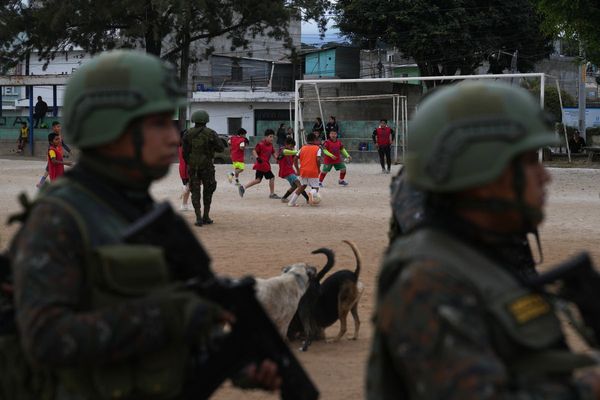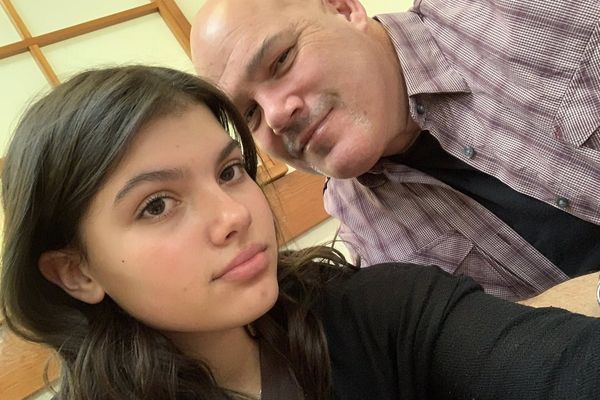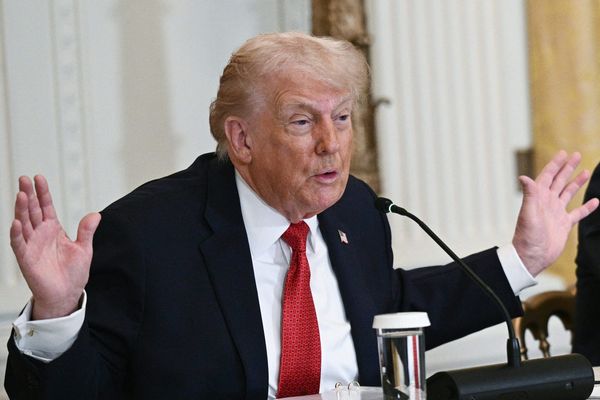
When he says that Britain and Russia are much more alike than either would care to admit, Martin Kettle makes a telling point: both were great imperial powers and both have struggled to adapt to their relative decline (Rupture is not an option: after this war, the west must learn how to live with Russia, 10 March).
The European age of empire that first convulsed and then transformed the world in 1914 finally culminated in the horrors of the Third Reich and the Soviet Union, not least in the blood-drenched lands of Ukraine and Belarus. For Vladimir Putin, the revanchist wars in Chechnya, Georgia, the Crimean peninsula and Ukraine appear part of a desire to reverse-engineer a Russian empire, using brute force to recreate a mythological past that has come to obsess him. A different path is embodied in the EU, and it is one that Volodymyr Zelenskiy craves for Ukraine. In contrast to the dead end of empire, European integration promises a commonwealth of independent nations rooted in consent, democracy, shared values and mutual cooperation in return for a degree of pooled sovereignty.
Britain, cheered on by such Putin admirers as Nigel Farage and Donald Trump, has chosen to reject this postimperial model (one that has brought peace, prosperity and stability to Europe) in favour of its own sepia-tinged, nostalgia-driven version of a distant global past. What an irony, then, that Boris Johnson now appears to support Ukraine’s bid for EU membership, having so enthusiastically pulled the UK out of the same organisation with the hardest of hard Brexits.
John Bailey
Farnborough, Hampshire
• Martin Kettle looks back to the cold war to understand the present relations with Russia and the prospects for the future. Books can help, and he refers to an example by David Owen, but so could heritage sites and museums.
It is a shame that the best-preserved remains from the cold war at the former RAF Upper Heyford base are being treated by the government as an exception to its much-vaunted policy of “retain and explain”, and is being culturally cleansed of its heritage value.
What is probably the most important heritage site of the modern era and an instructional monument to the cold war is instead becoming a lesson in how little we care to learn about the defining event of the last hundred years.
Daniel Scharf
Oxford Trust for Contemporary History
• Martin Kettle says that Karl Marx argued that, from the early 18th century, Russia had become dedicated to “global conquest”. Catherine the Great’s conduct in office suggests Marx could have had a point. During her reign (1762-96) she partitioned Poland, extended Russia by 200,000 square miles and, after flirting with the Enlightenment, became a staunch defender of the aristocratic status quo once the French Revolution arrived.
Bill Jones
Former professor of history and politics, Liverpool Hope University
• Heartfelt thanks to Martin Kettle for being the voice of reason on the current situation with Russia. He is quite correct: Russia isn’t going to go away, rupture is not only impractical and dangerous but impossible, and the blustering, confrontational rhetoric that some are using at present (particularly within government) is helping no one, least of all the Ukrainians. In the long term, a form of calm coexistence will be vital – for everyone’s sake.
Kate Hopkins
London
• Timothy Garton Ash’s suggestion that Ukraine should immediately be accepted as a candidate for membership of the EU (4 March) is not a viable solution and would surely inflame the current crisis. Such an offer would be impossible for Vladimir Putin, or indeed any future leader, to accept. The lessons of 300 years of history in the region, during which Russia has been the dominant power, cannot just be put on one side.
The only way forward – not a new idea but a reasonable one – is that Ukraine’s right to exist as an independent and sovereign state should be guaranteed by treaty between Russia and the west, and that its status should be neutral – this also to be guaranteed by both sides.
Such a proposal will not initially appeal to Putin, the western alliance including Nato, or indeed Ukraine itself, but it does at least offer a starting point for possible future negotiation, and it is hard to see a better alternative way out of the present dreadful and perilous situation.
Richard Griffiths
Syderstone, Norfolk
• Have an opinion on anything you’ve read in the Guardian today? Please email us your letter and it will be considered for publication.







